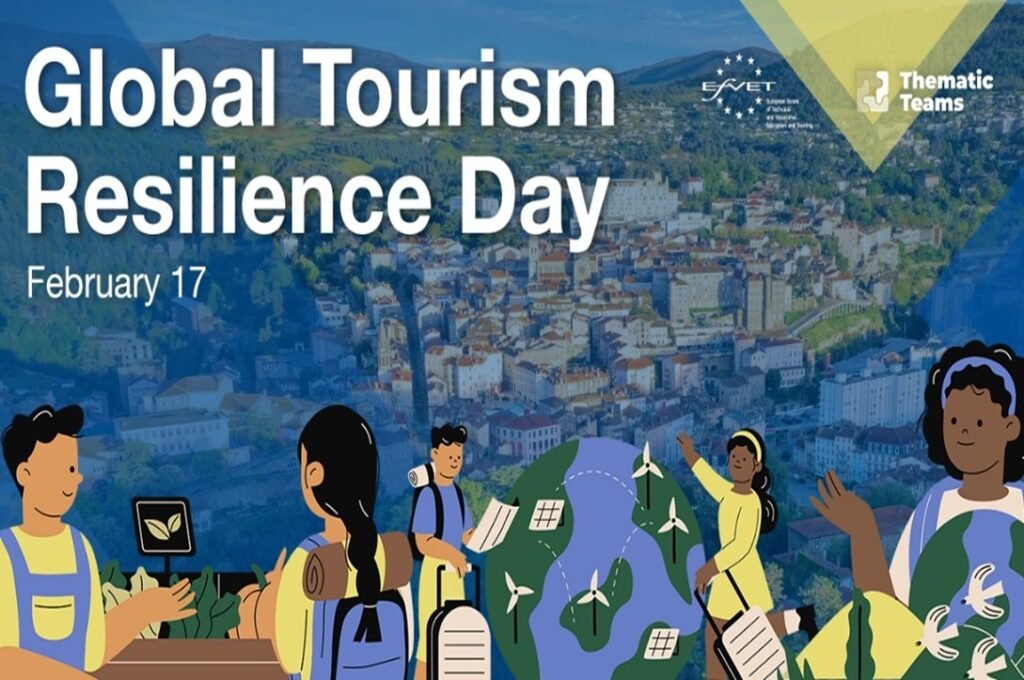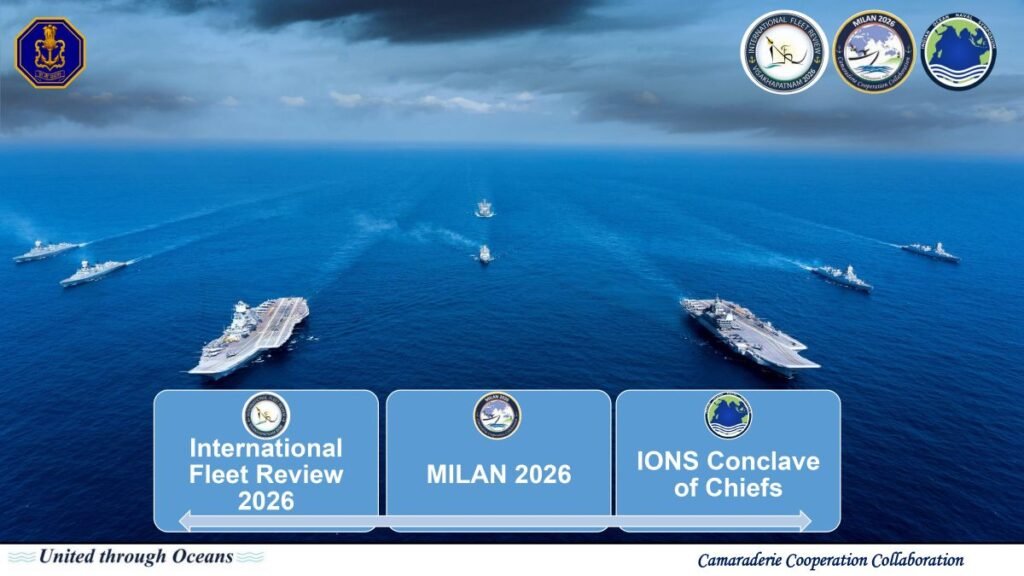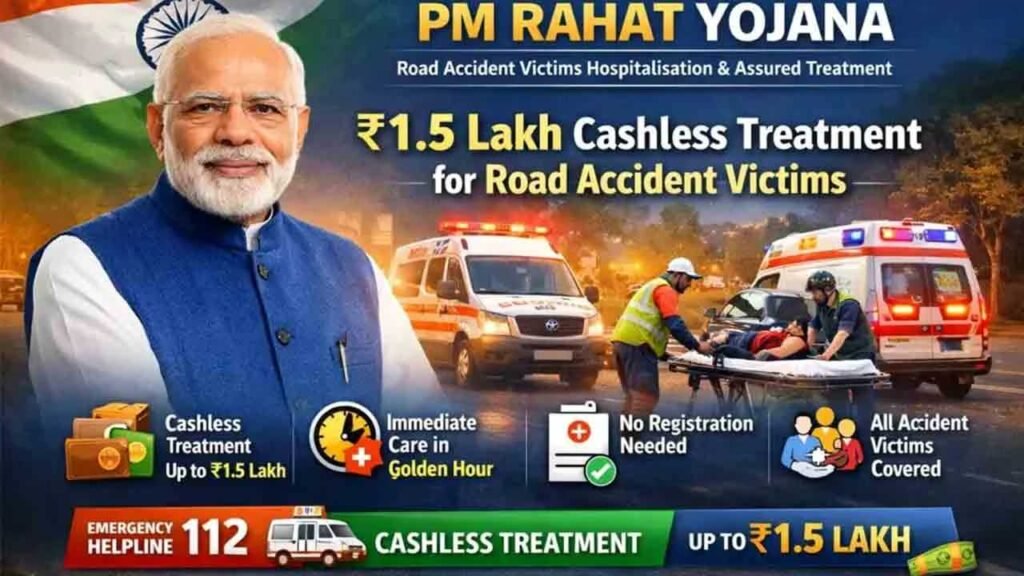On June 27, 2025, India categorically rejected a “supplemental award” issued by a Court of Arbitration constituted under the Indus Waters Treaty (IWT) of 1960. The award pertained to the Kishenganga and Ratle hydroelectric projects in Jammu & Kashmir.
India’s Position
- The Ministry of External Affairs (MEA) declared the Court of Arbitration as illegally constituted, stating it was a serious breach of the IWT.
- India emphasized it has never recognized the legal validity of this court, calling the proceedings a “charade at Pakistan’s behest”.
- The MEA reiterated that any decisions or awards by this body are “illegal and per se void”.
Treaty in Abeyance
- Following the April 22 Pahalgam terror attack, India placed the Indus Waters Treaty in abeyance, citing Pakistan’s continued support for cross-border terrorism.
- India asserted that until Pakistan credibly and irrevocably abjures terrorism, it is no longer bound by the treaty’s obligations.
Background
- The dispute stems from Pakistan’s objections to the design of the Kishenganga (on Jhelum tributary) and Ratle (on Chenab) projects.
- In 2016, Pakistan moved the World Bank to establish a Court of Arbitration, while India preferred resolution through a neutral expert, as per treaty provisions.
- Despite India’s objections, the World Bank appointed both a neutral expert and a Court of Arbitration in October 2022, leading to parallel proceedings.




